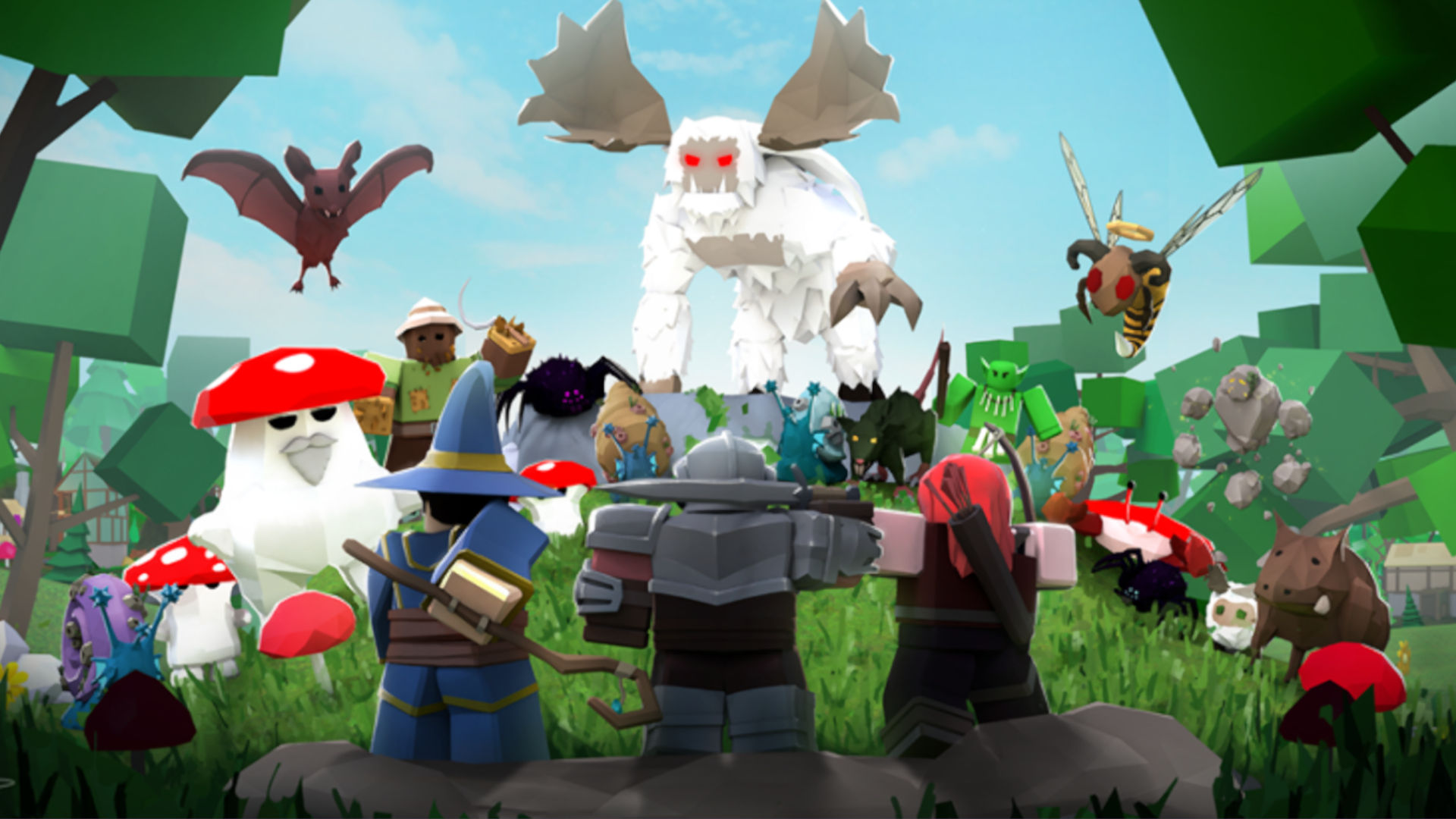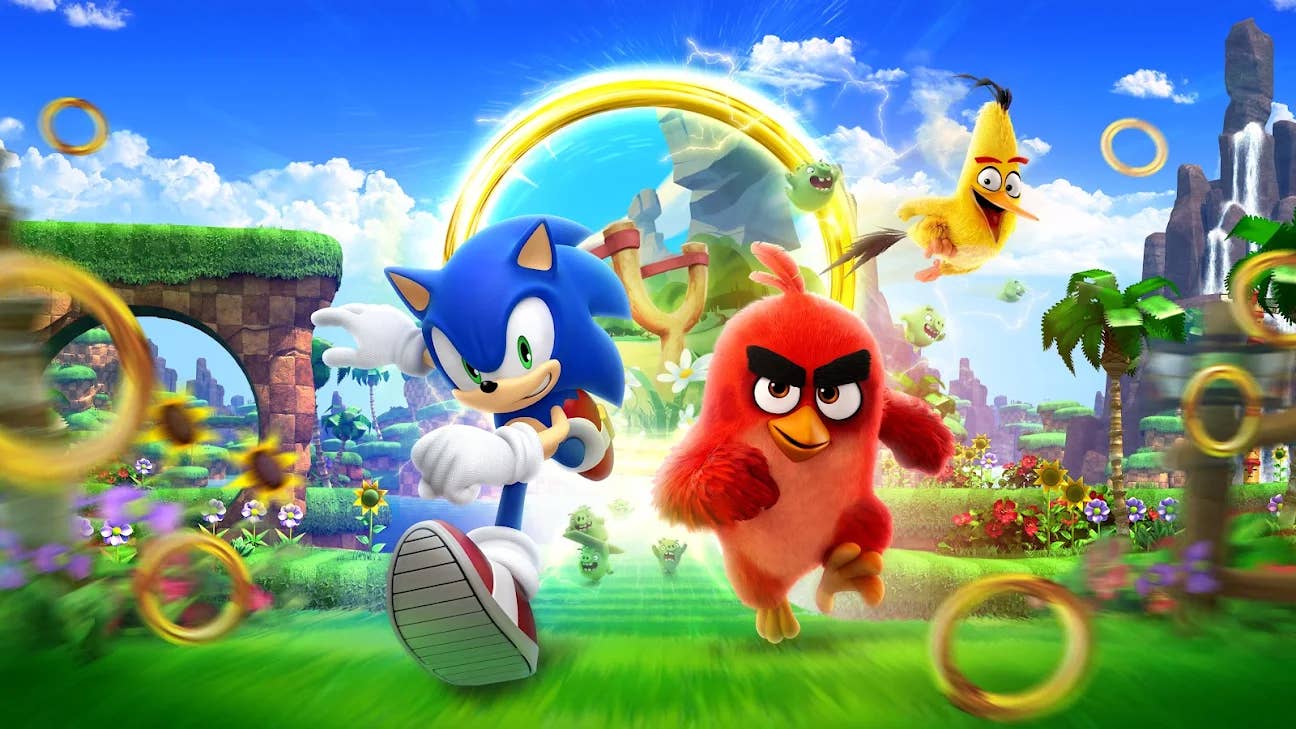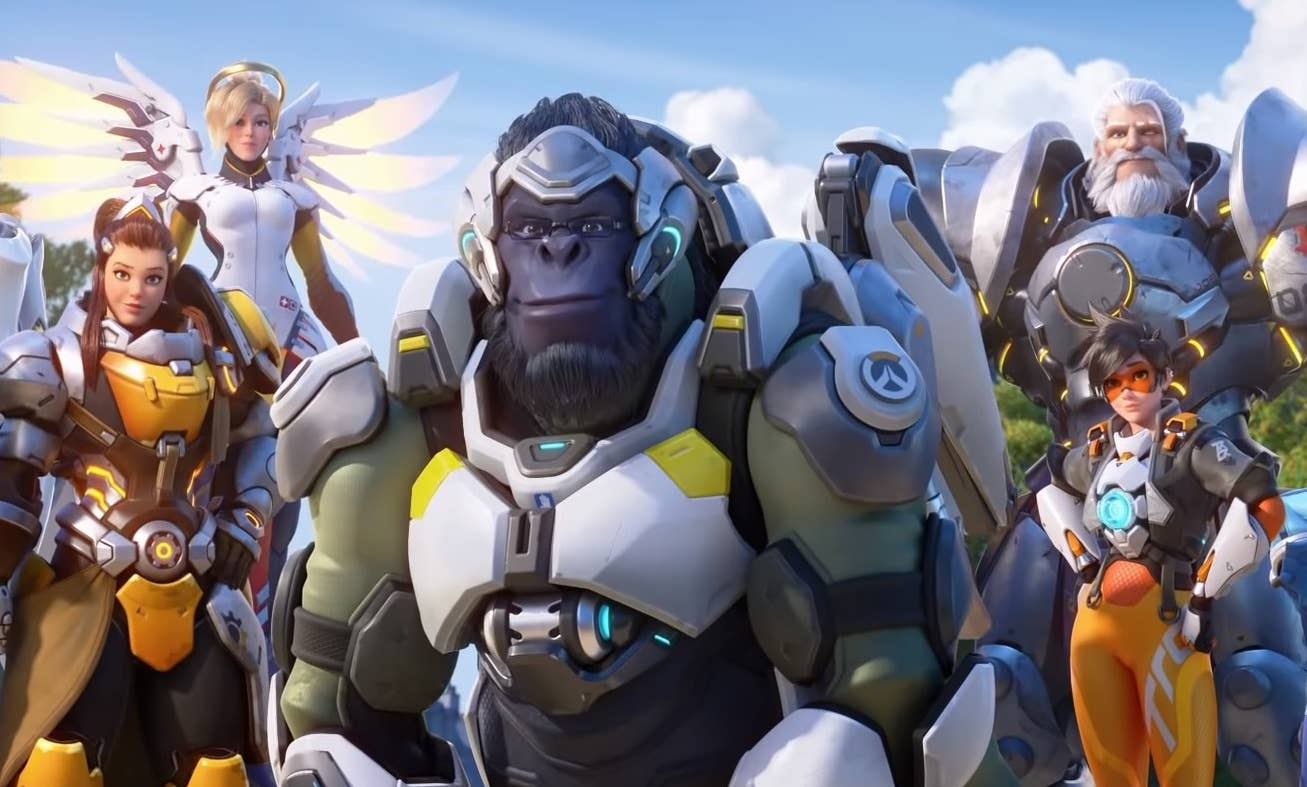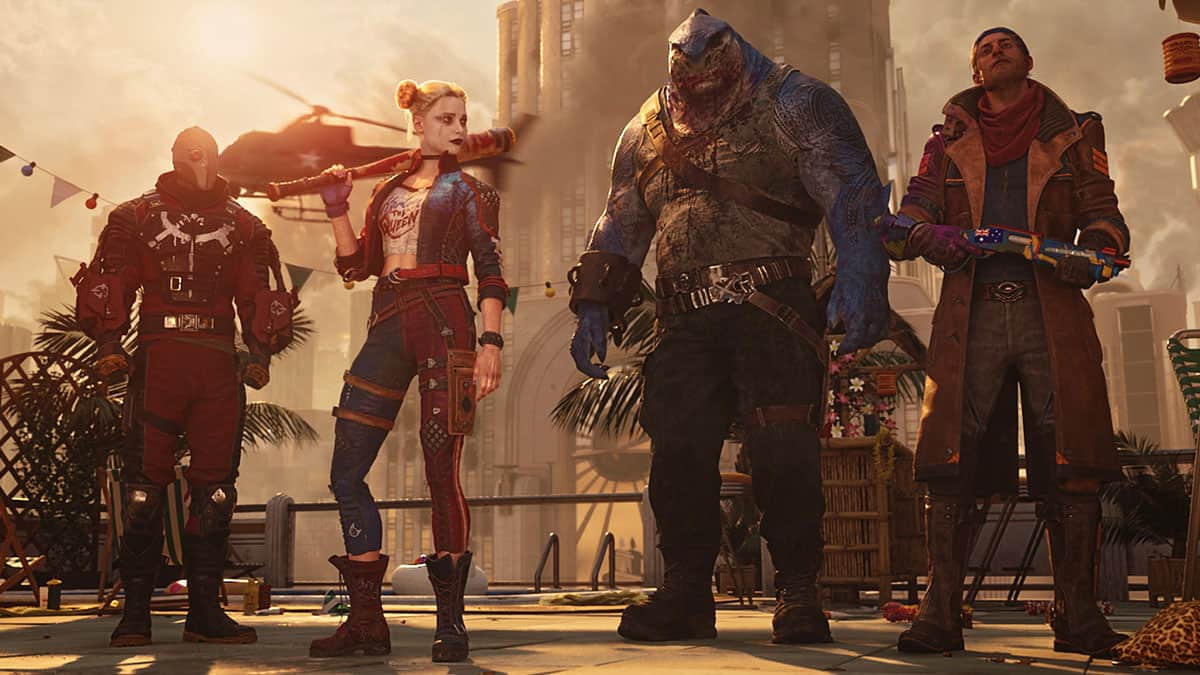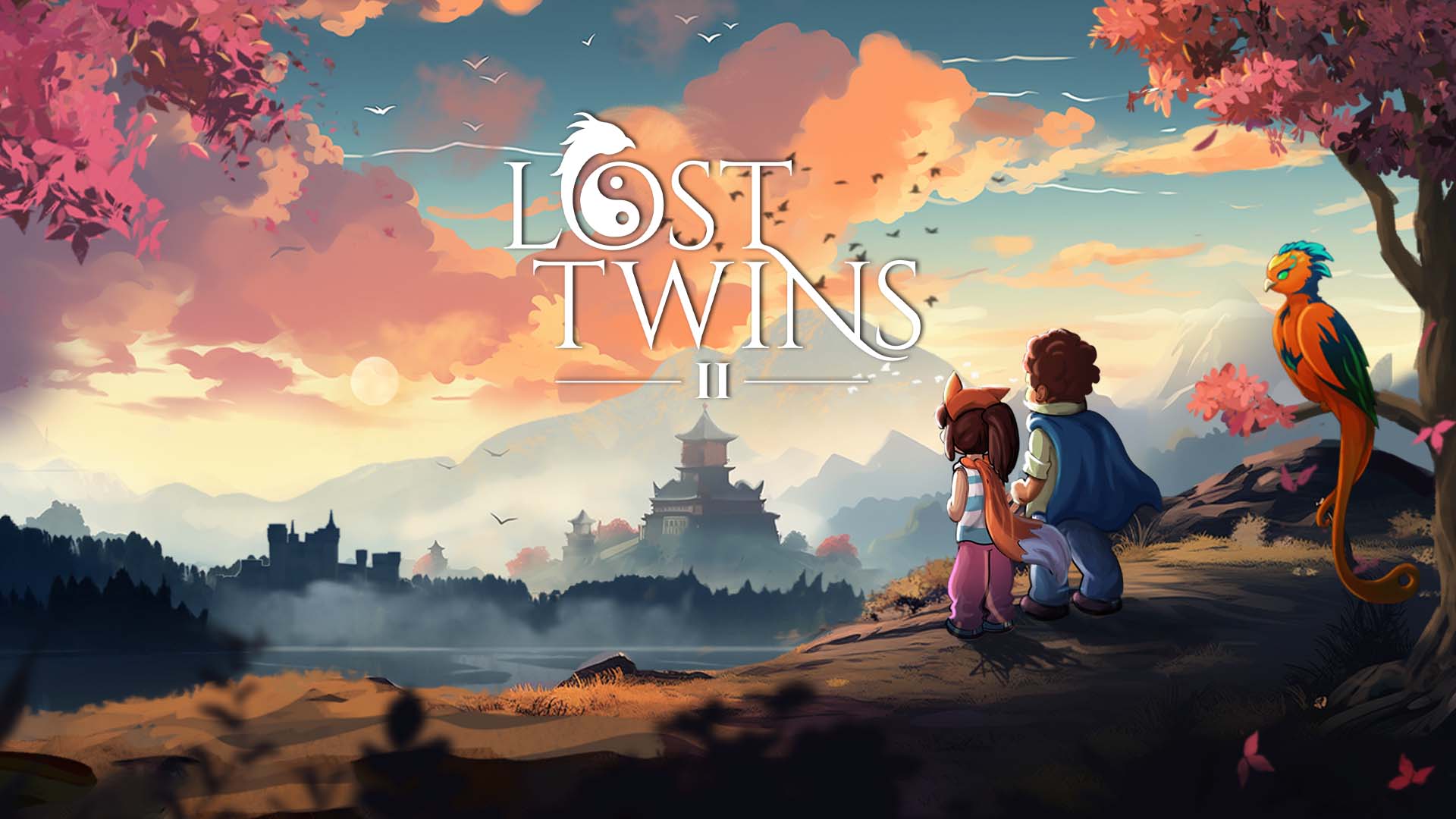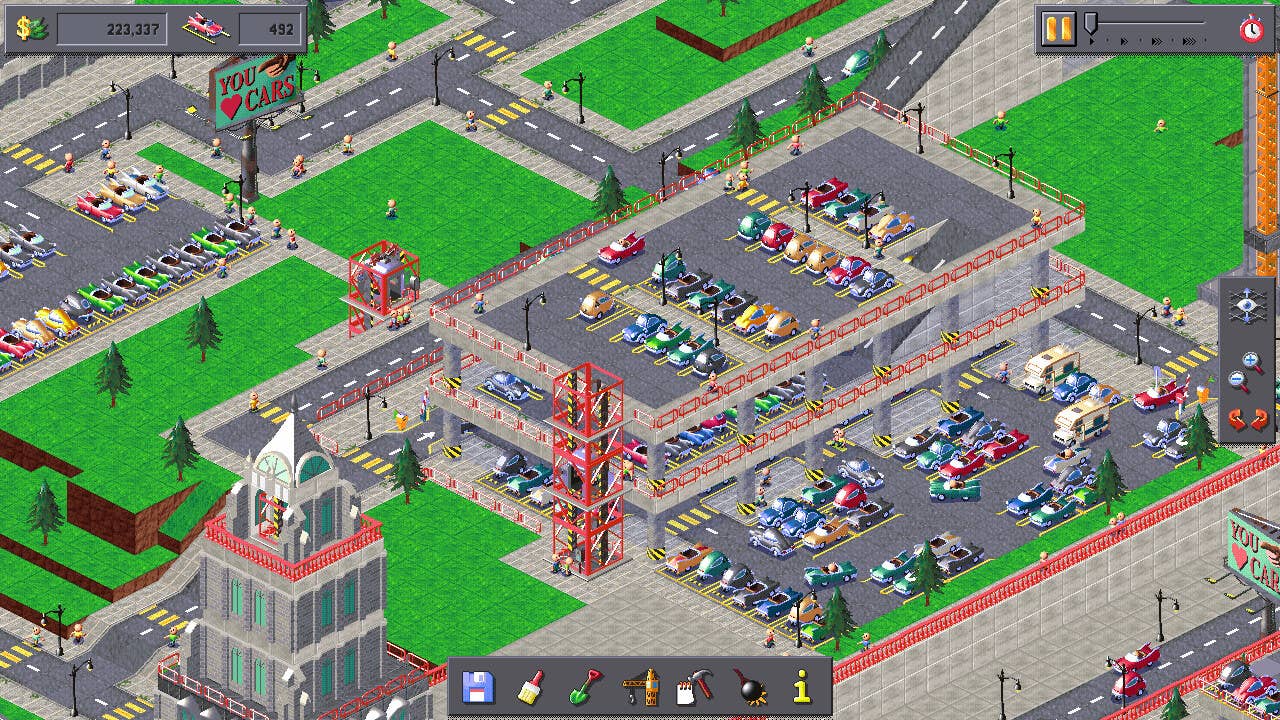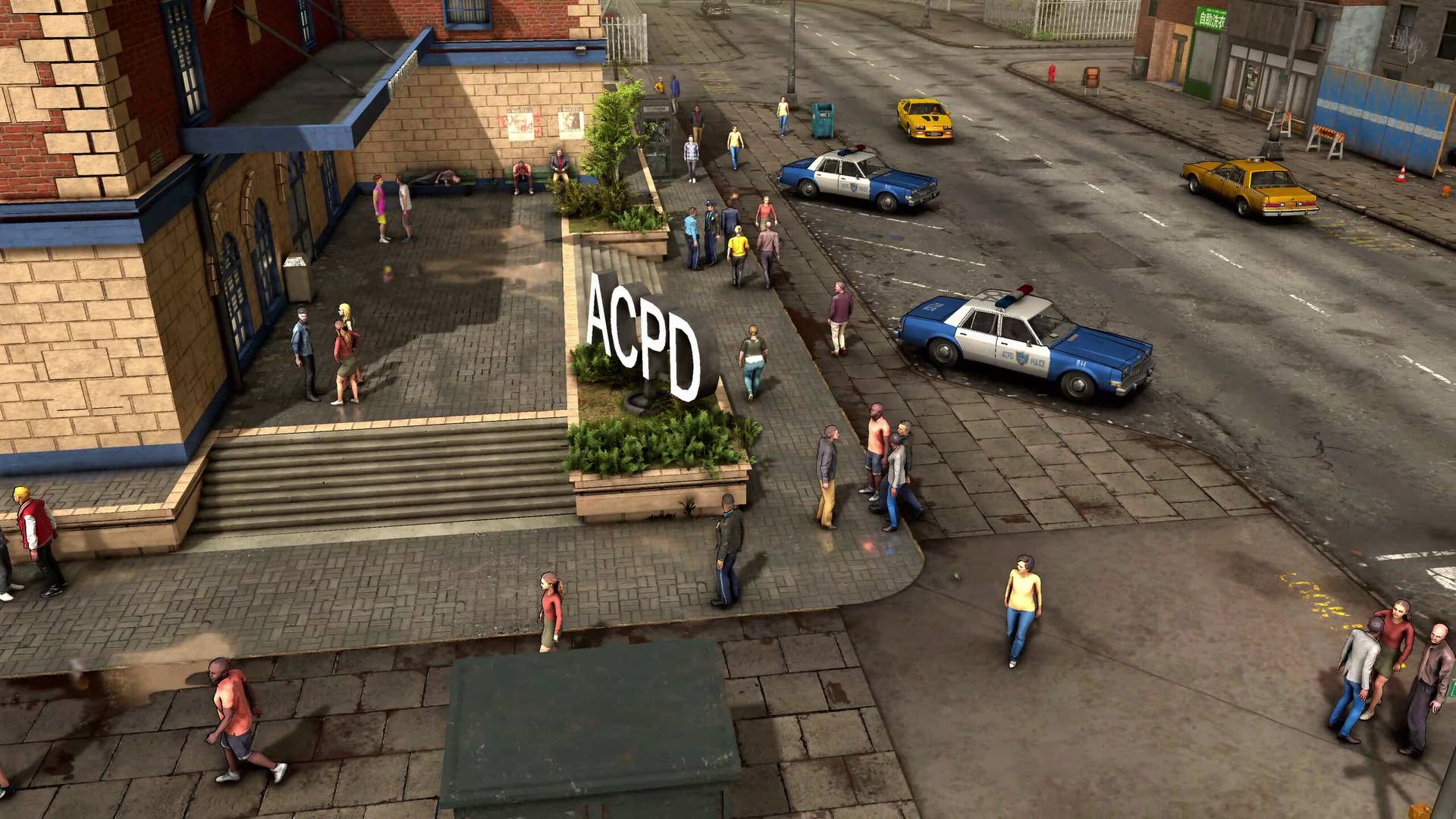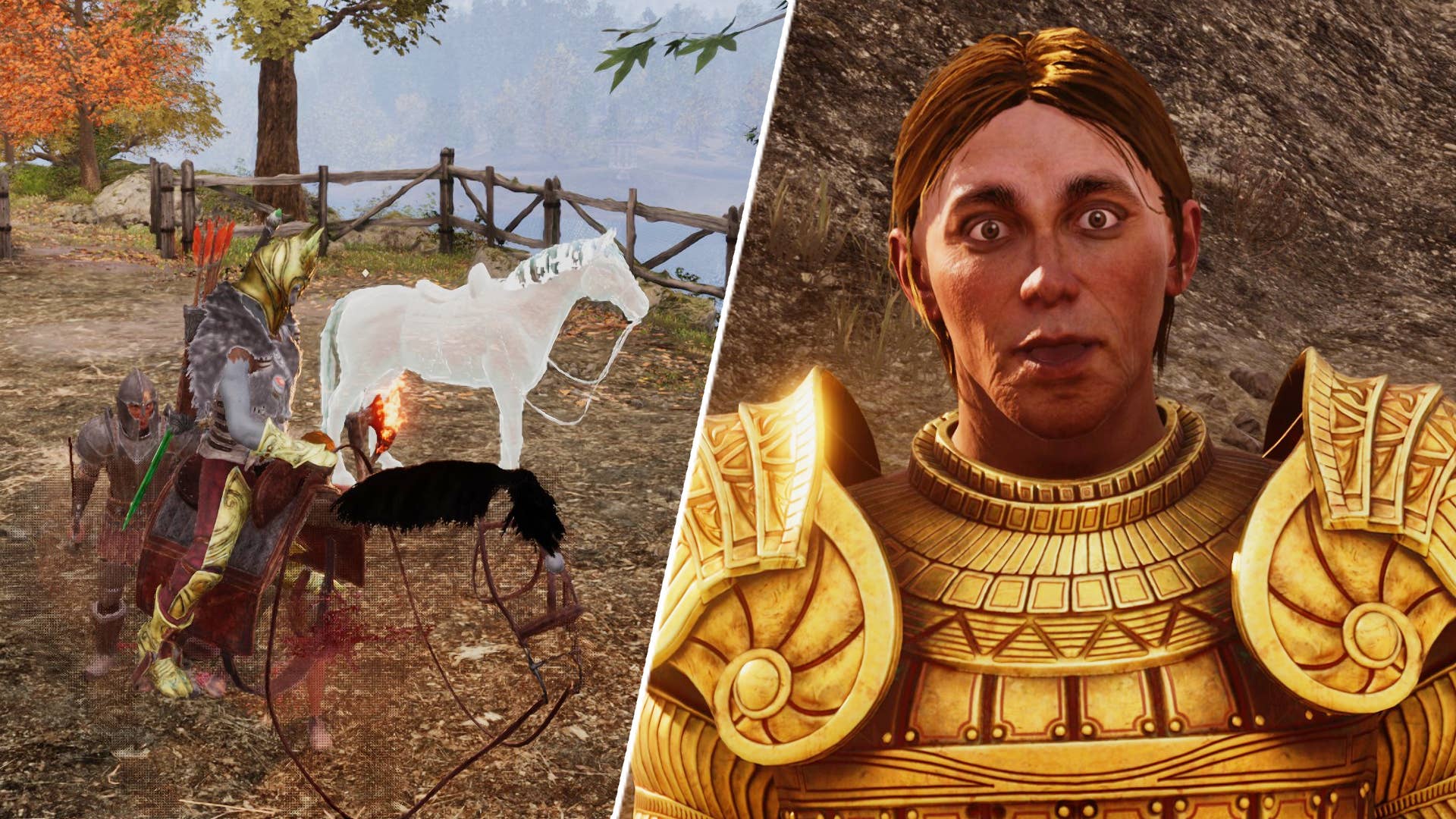Reddit Turns 20
ZDNet's Steven Vaughan-Nichols marks Reddit's 20 years of being "the front page of the internet," recalling its evolution from a scrappy startup into a cultural powerhouse that shaped online discourse, meme culture, and the way millions consume news and entertainment. Slashdot is also given a subtle nod in the opening line of the article. An anonymous reader shares an excerpt: In 2005, if you were into social networks focused on links, you probably used Digg or Slashdot. However, two guys, Steve Huffman and Alexis Ohanian, recent graduates from the University of Virginia, wanted to create a hub where users could find, share, and discuss the internet's most interesting content. Little did they know where this idea would take them. After all, their concept was nothing new. Still, after Paul Graham, co-founder of Y Combinator, the startup accelerator and seed capital firm, had shot down their first idea -- a mobile food-ordering app -- they pitched what would become Reddit to Graham, and he gave it his blessing. Drawing inspiration from sites like Delicious, a now-defunct social bookmarking service, and Slashdot, Huffman and Ohanian envisioned Reddit as a platform that would combine the best aspects of both: a place for sharing timely, ephemeral news and fostering vibrant community discussions of not just technology, but any topic users cared about. Their guiding mission was to build "the front page of the internet," a simple, user-driven site where anyone could submit content, and the community, not algorithms or editors, would decide what was most important through voting and discussion. They deliberately prioritized user participation and conversation over flashy features or heavy editorial control. What set Reddit apart from its early rivals was its framework. Instead of one large all-in-one interface, the site borrowed the idea from pre-internet online networks, such as CompuServe, of smaller sub-networks devoted to a particular topic. These user-created communities, "subreddits," quickly set it apart from other social platforms. As Laurence Sangarde-Brown, co-founder of TechTree, wrote: "This design allows users to delve into focused discussions, ask questions, and exchange ideas on a scale unmatched by other platforms." That approach was not enough, though, to kick-start Reddit. The founders had to "fake it until they made it." They seeded the site with fake accounts to make it appear more active. Their efforts paid off, as real users soon flocked to the platform. Another crucial early change was when Reddit merged with Aaron Swartz's Infogami and introduced commenting. This move was vital for laying the groundwork for the site's interactive, community-driven experience. [...] So, where does Reddit go from here? We'll see. Reddit's legacy is one of transformation: from a scrappy startup to a global hub for conversation, collaboration, and sometimes controversy. As it celebrates 20 years, Reddit remains a testament to how important online communities can be in a world increasingly filled with AI slop. Still, Huffman believes Reddit's true value is coming. In a recent Reddit post, he wrote: "Reddit works because it's human. It's one of the few places online where real people share real opinions. That authenticity is what gives Reddit its value. If we lose trust in that, we lose what makes RedditReddit. Our focus is, and always will be, on keeping Reddit a trusted place for human conversation." Huffman concluded: "The last 20 years have proven how powerful online communities can be — and as we look ahead, I'm even more excited for what the next 20 will bring." Read more of this story at Slashdot.

Read more of this story at Slashdot.




























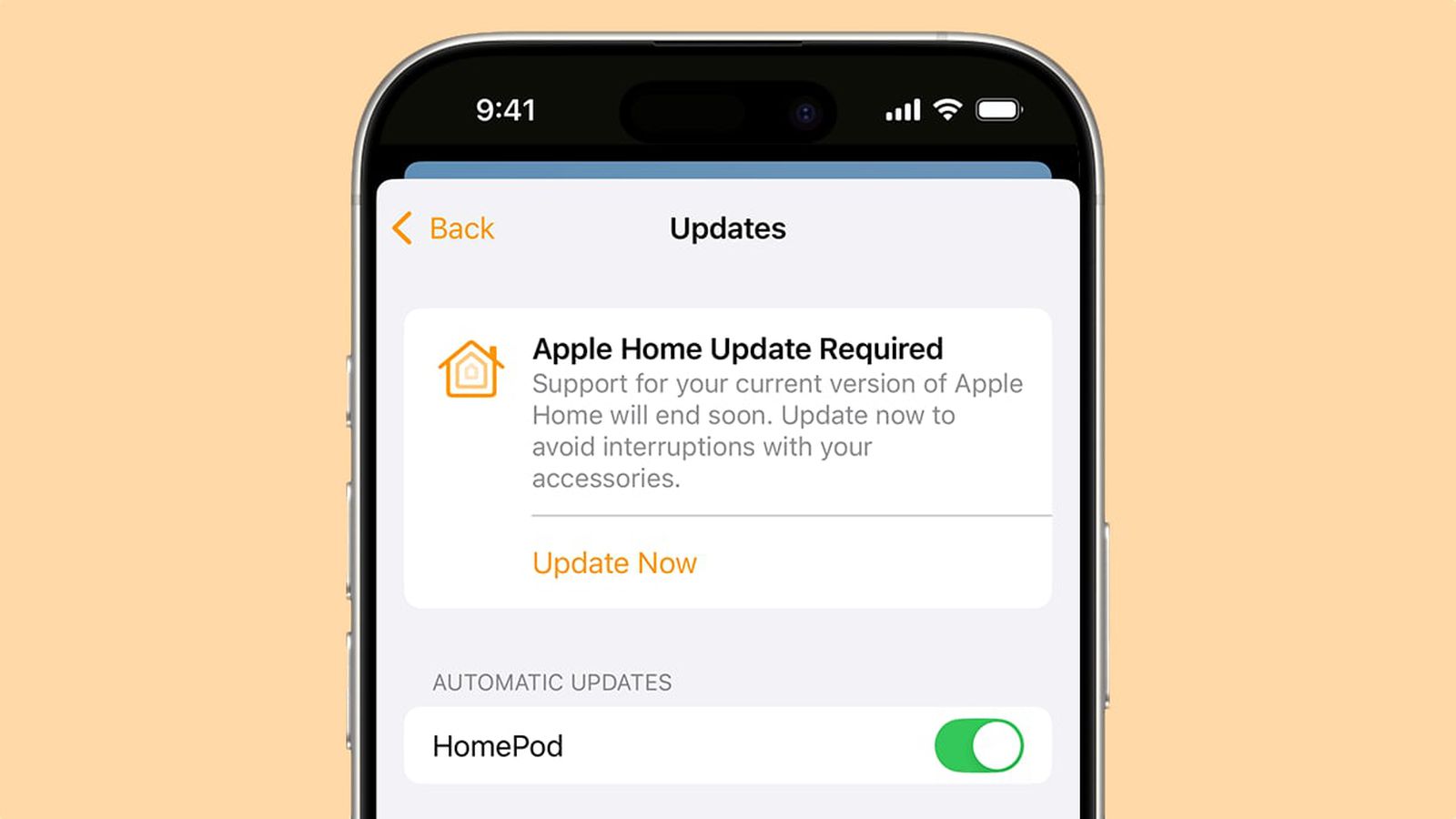
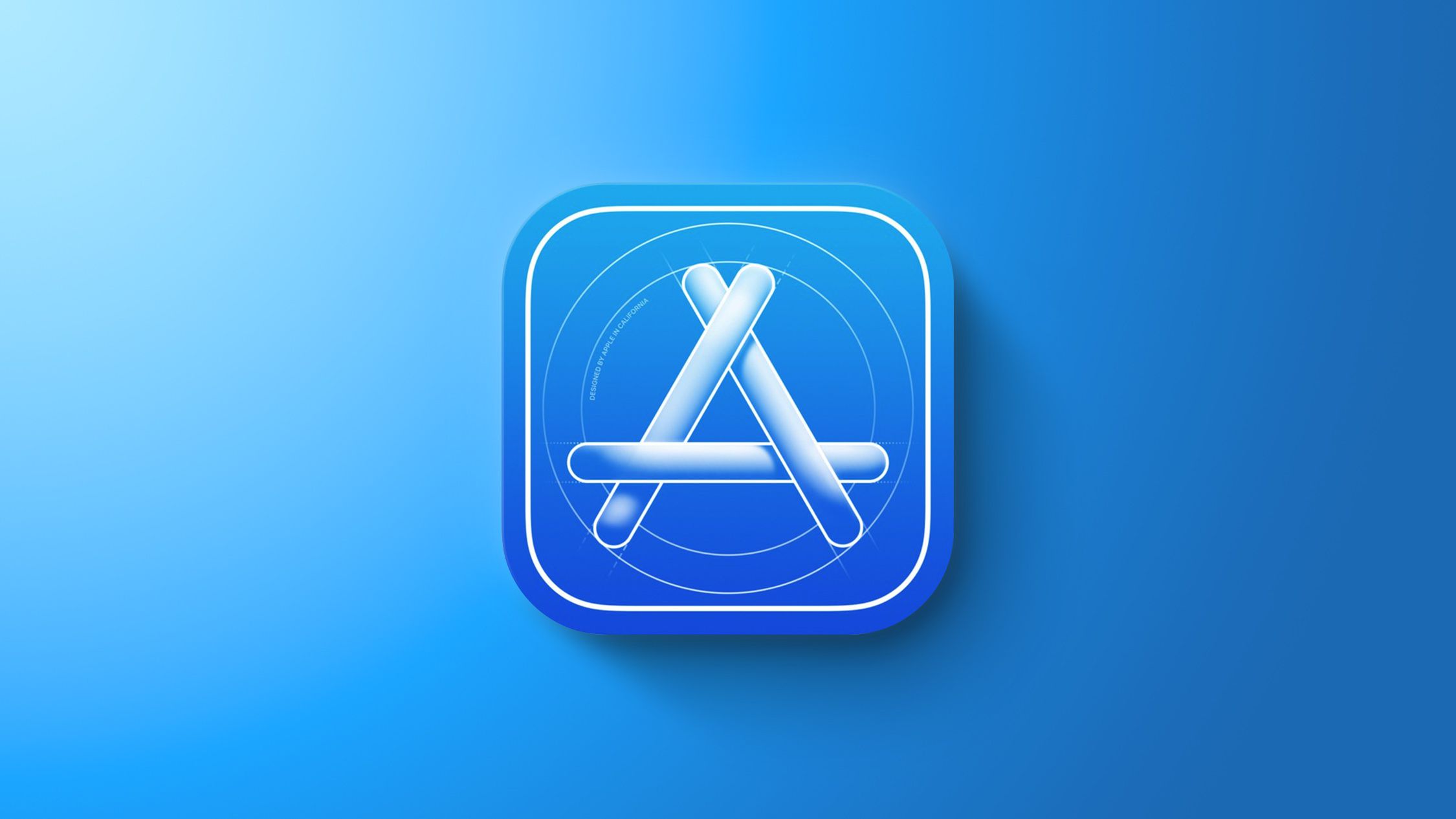



















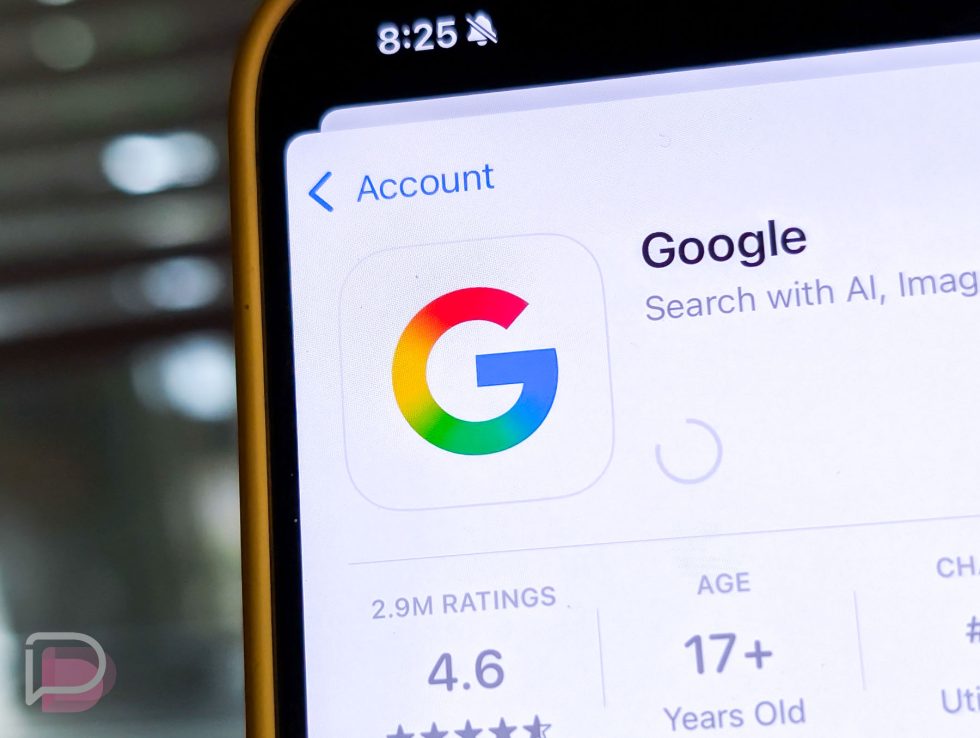






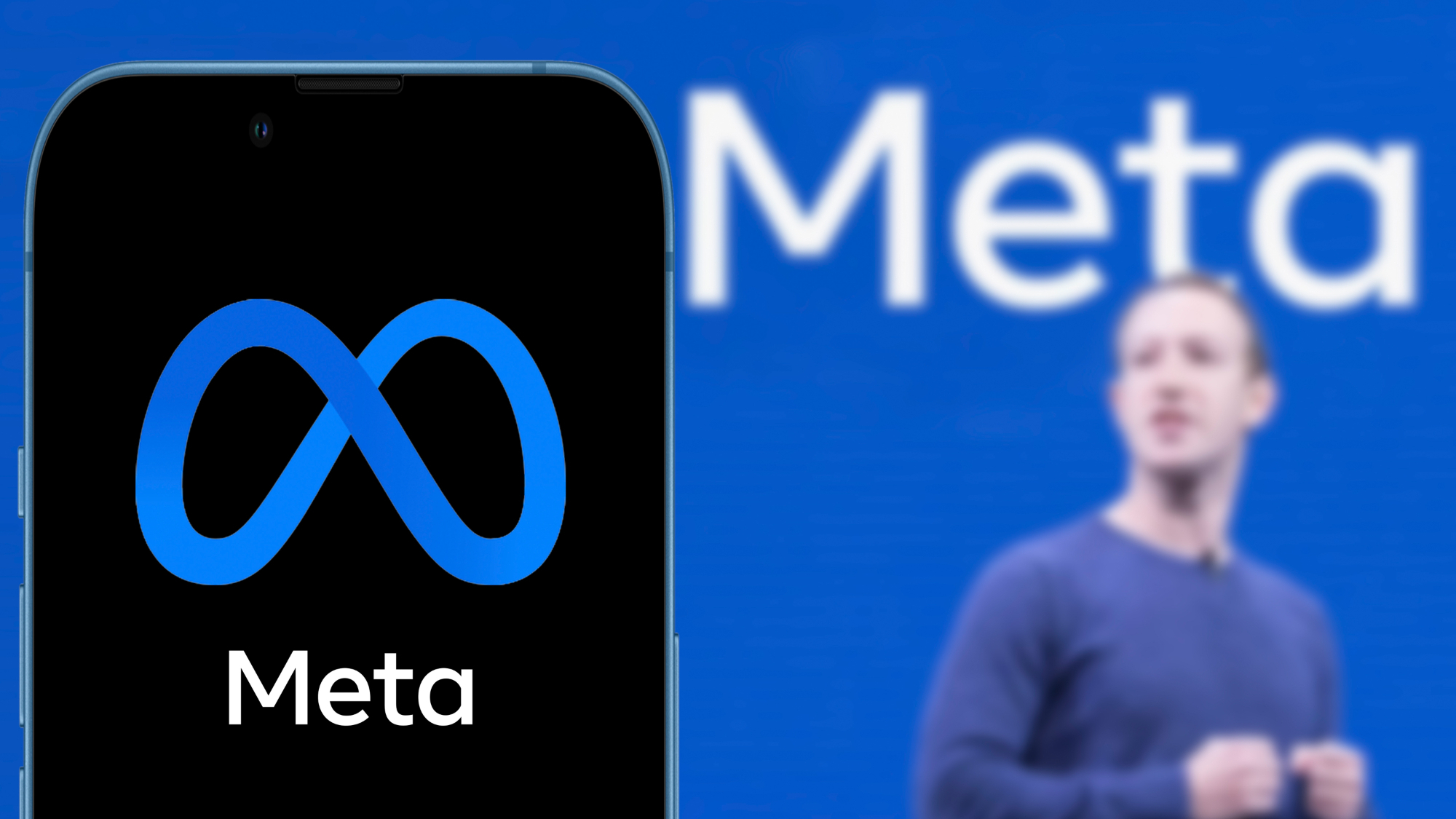

















![Samsung's New Galaxy S25 Edge Takes Aim at 'iPhone 17 Air' [Video]](https://www.iclarified.com/images/news/97276/97276/97276-640.jpg)
![Apple to Launch AI-Powered Battery Saver Mode in iOS 19 [Report]](https://www.iclarified.com/images/news/97309/97309/97309-640.jpg)
![Apple Officially Releases macOS Sequoia 15.5 [Download]](https://www.iclarified.com/images/news/97308/97308/97308-640.jpg)















![Walmart’s $30 Google TV streamer is now in stores and it supports USB-C hubs [Video]](https://i0.wp.com/9to5google.com/wp-content/uploads/sites/4/2025/05/onn-4k-plus-store-reddit.jpg?resize=1200%2C628&quality=82&strip=all&ssl=1)




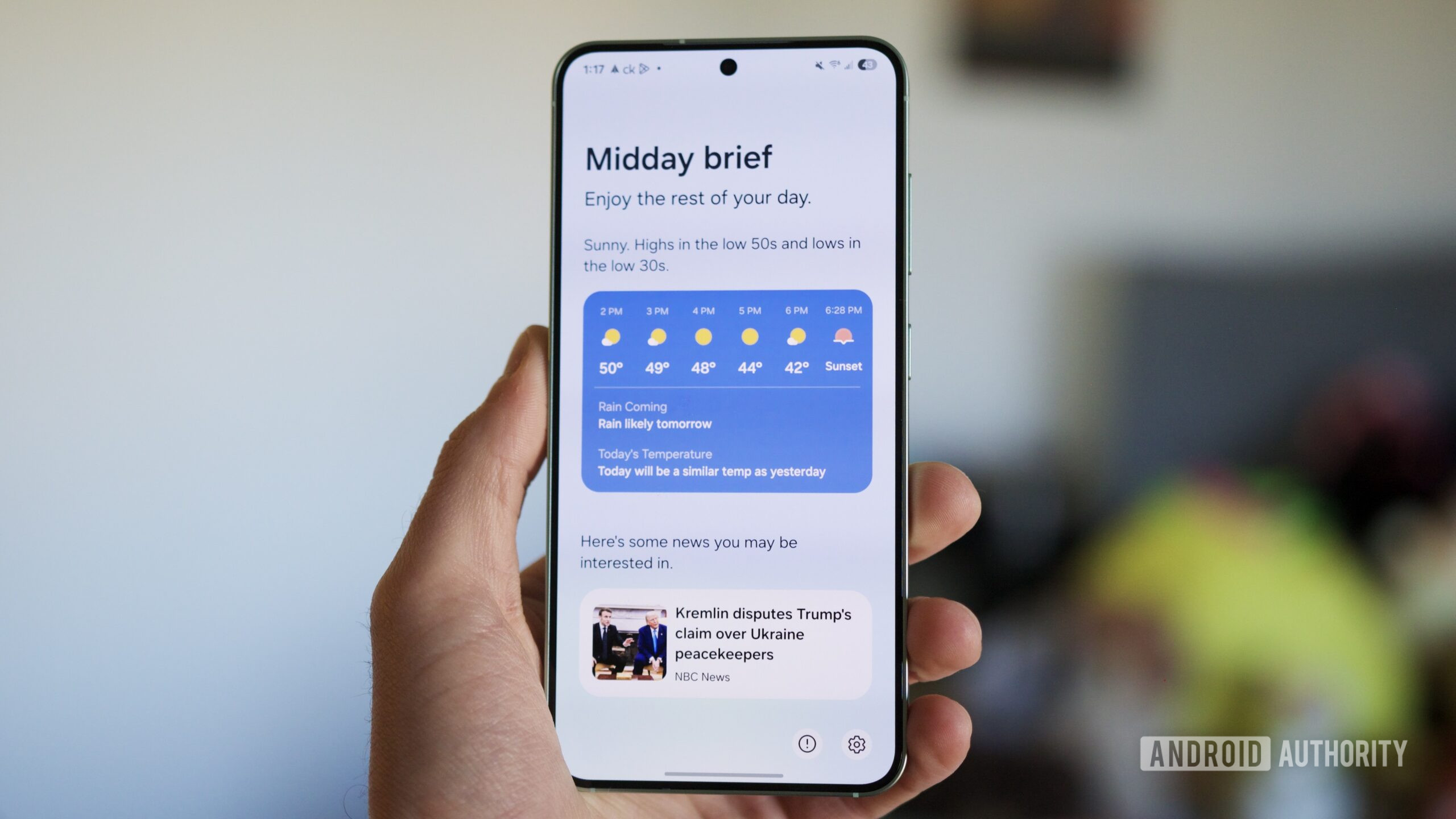





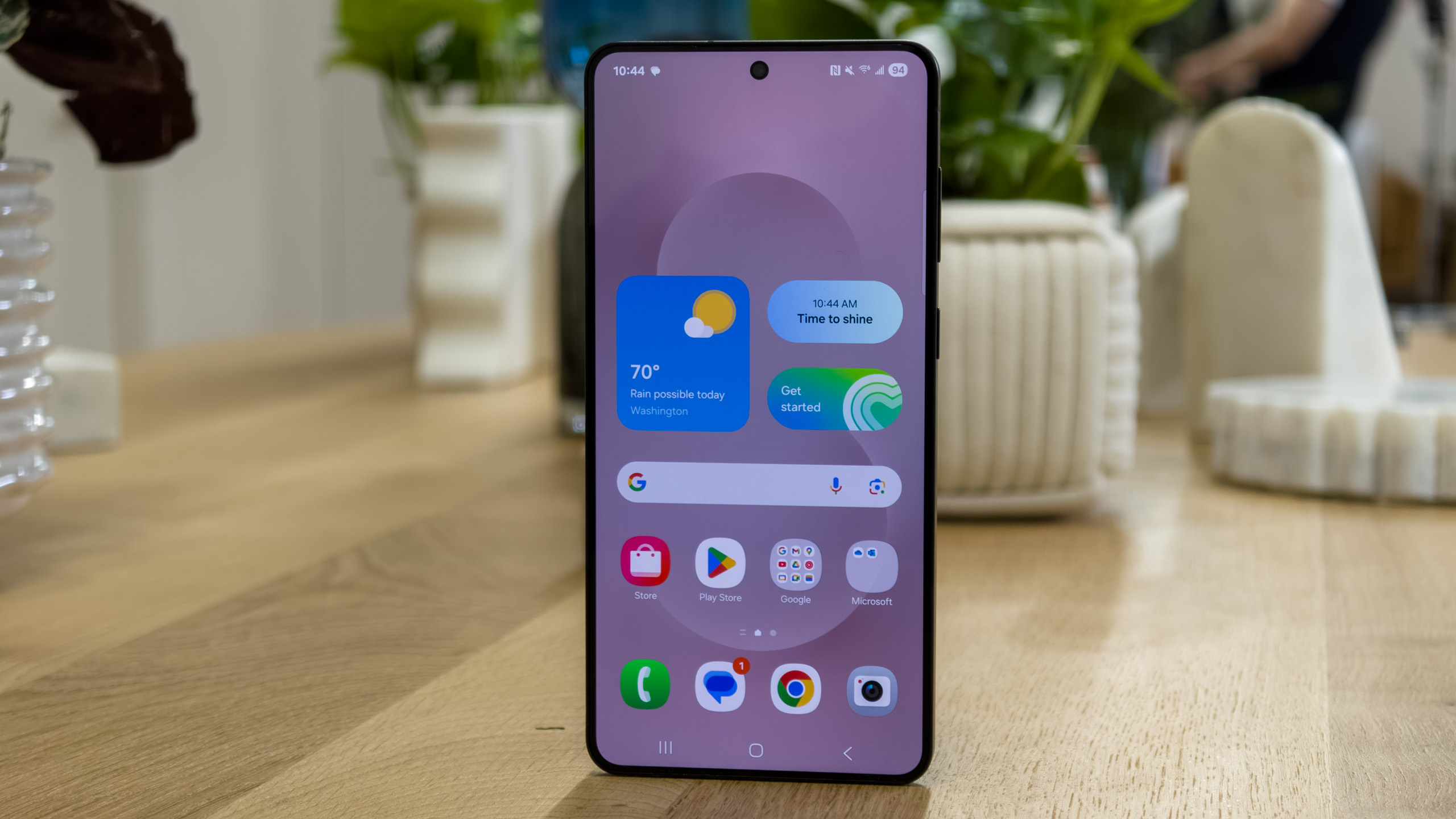


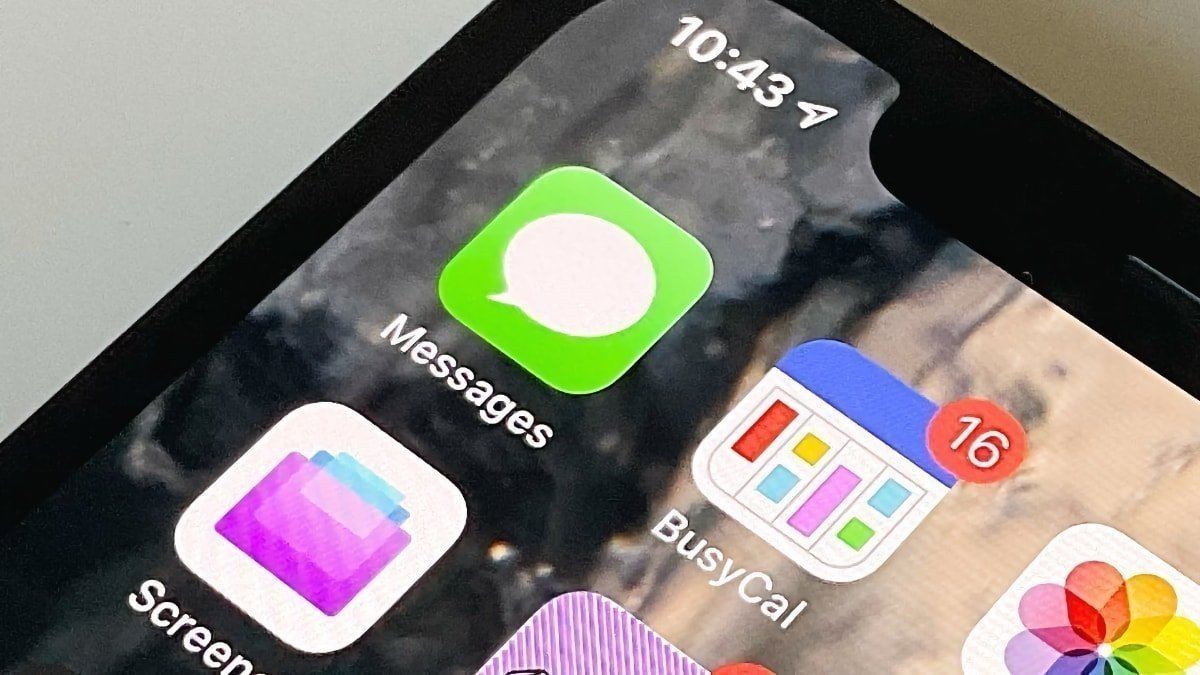













































































_Piotr_Adamowicz_Alamy.jpg?width=1280&auto=webp&quality=80&disable=upscale#)
































































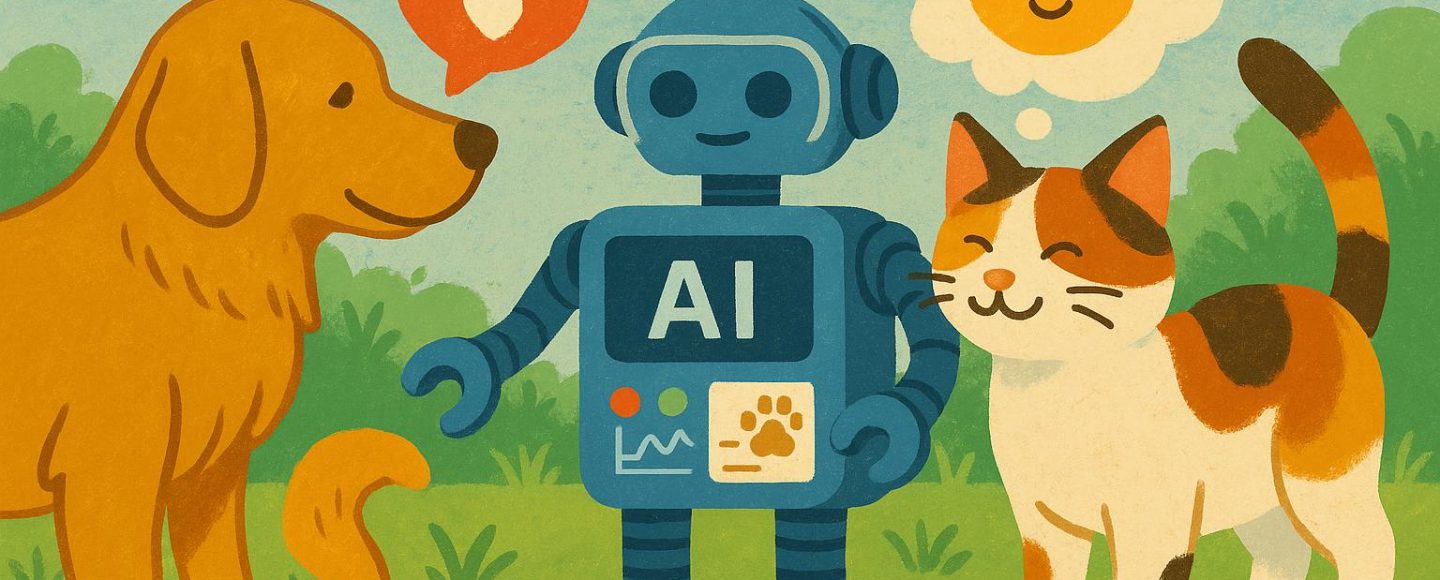
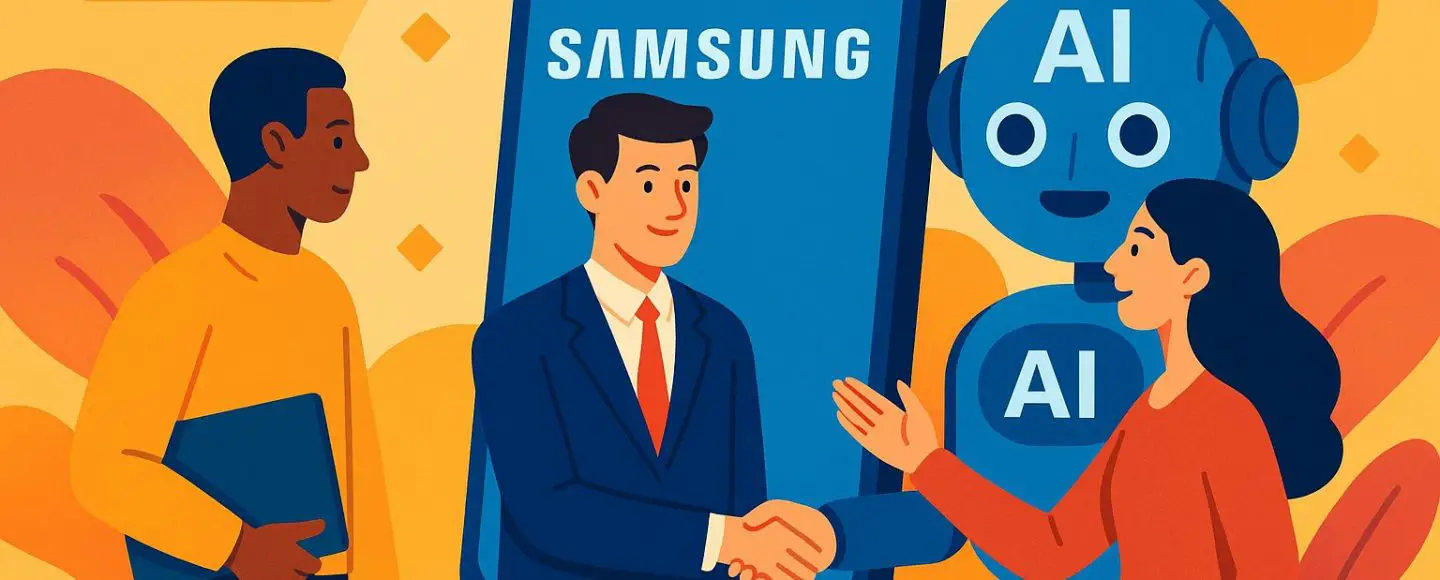
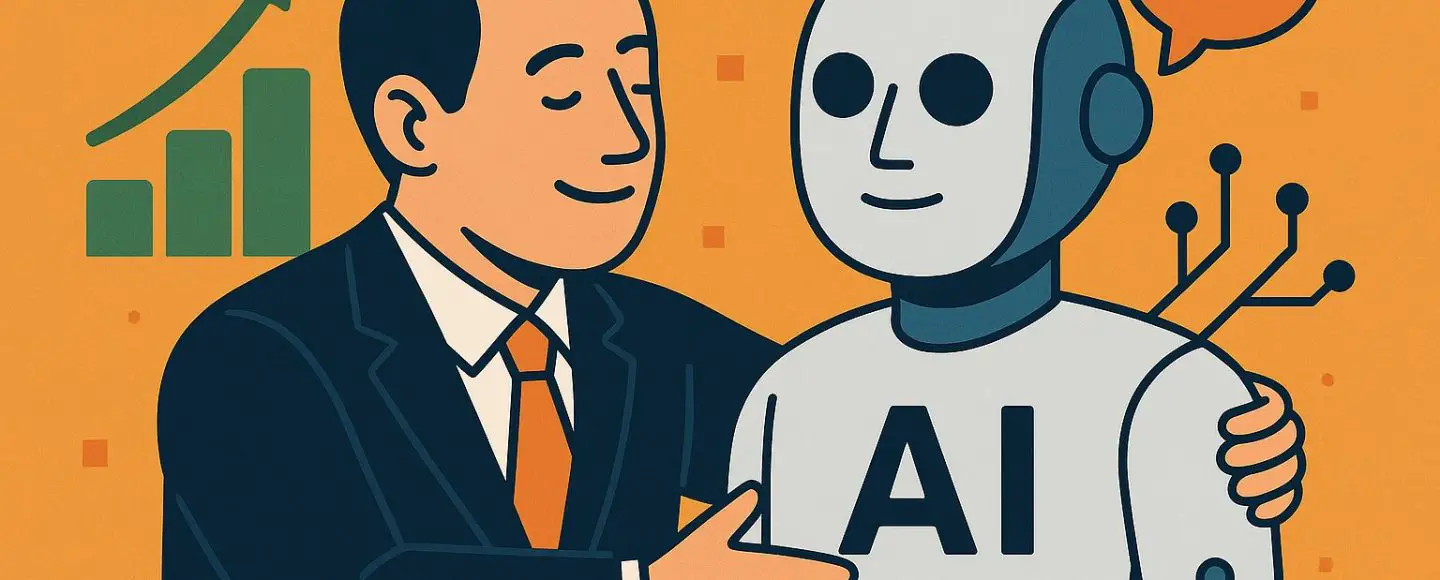




























































































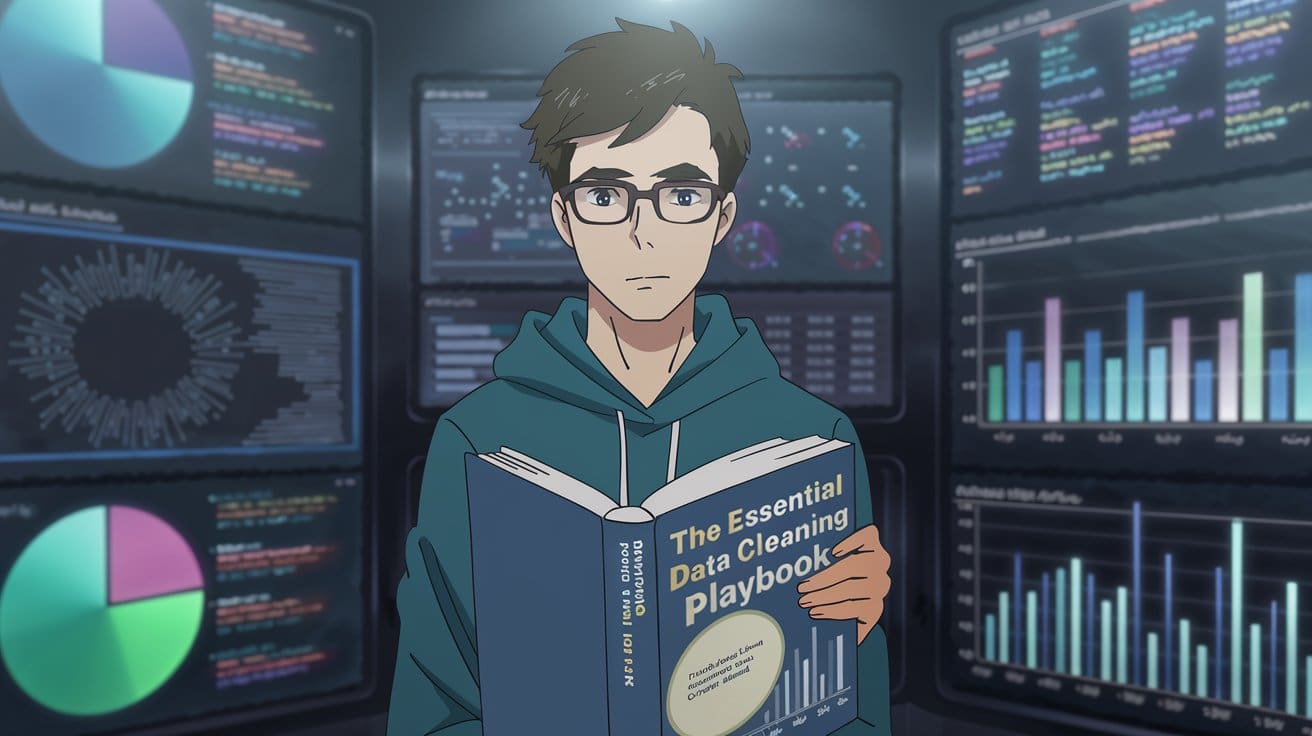
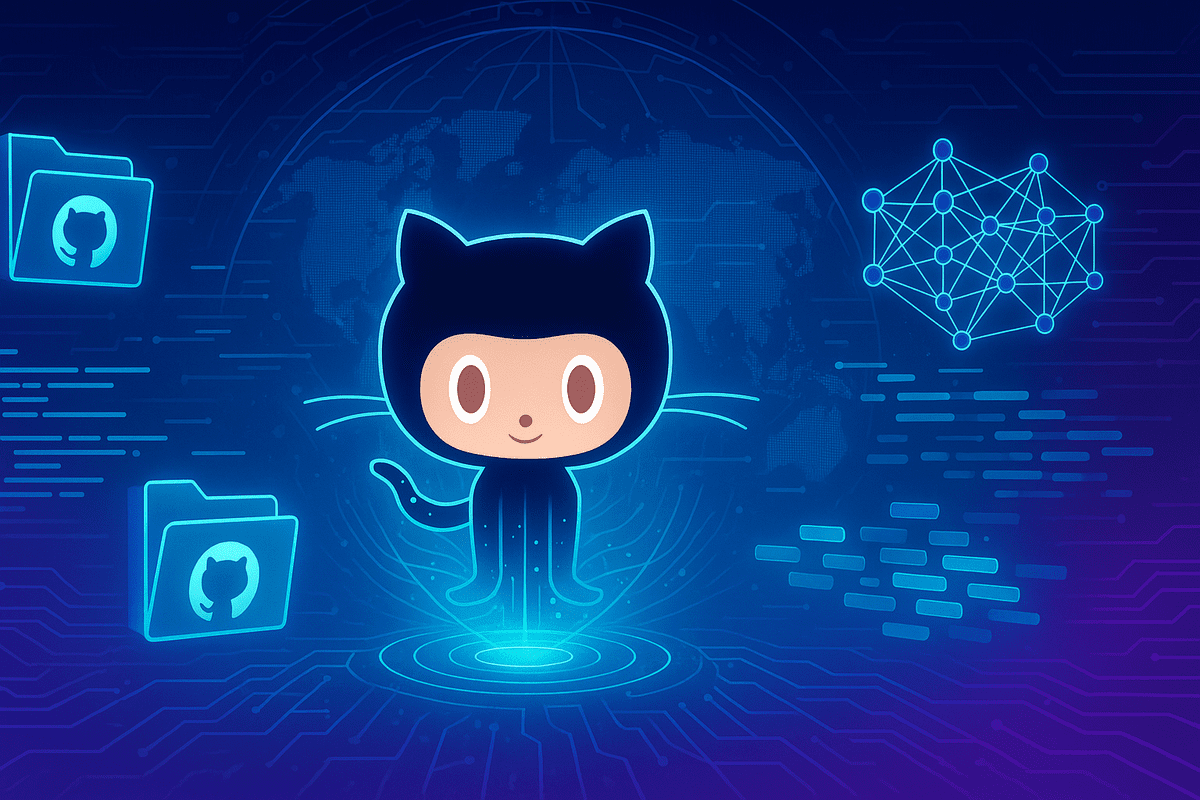






































































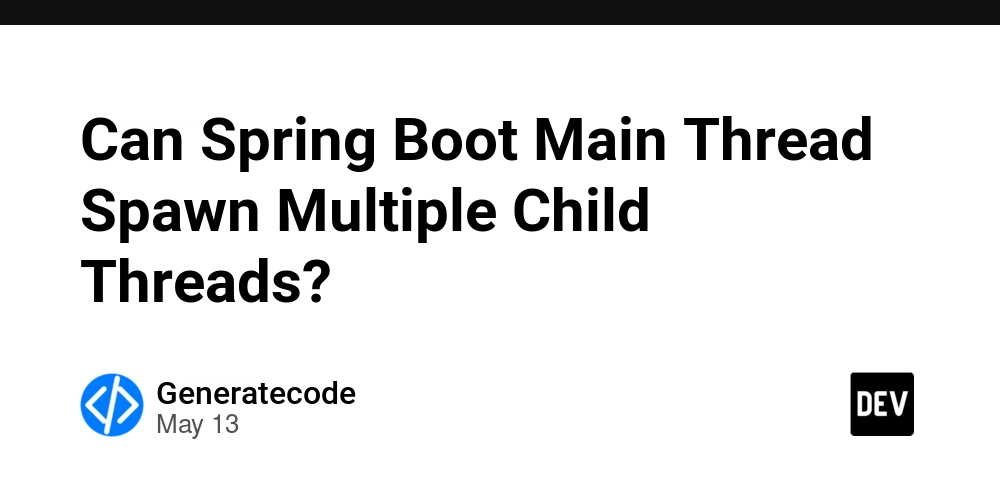

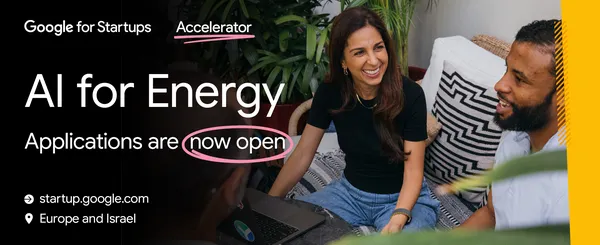












































![Ditching a Microsoft Job to Enter Startup Purgatory with Lonewolf Engineer Sam Crombie [Podcast #171]](https://cdn.hashnode.com/res/hashnode/image/upload/v1746753508177/0cd57f66-fdb0-4972-b285-1443a7db39fc.png?#)














